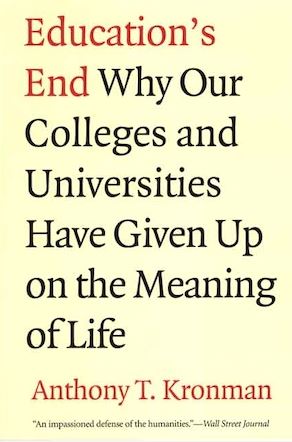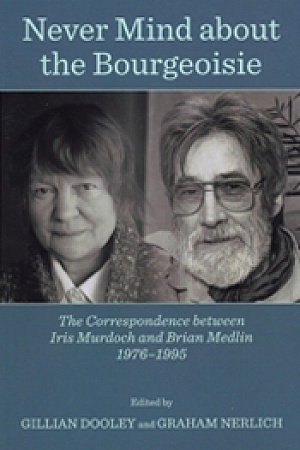Education's End: Why our colleges and universities have given up on the meaning of life
Yale University Press, $49.95 hb, 319 pp
Deathless company
Travellers who go to Beijing usually visit the Great Wall. Along the way the government tour operators often take them to the Ming tombs, the final resting place of thirteen of the sixteen emperors of the Ming dynasty (1368–1644), three of which are now open to the public. The underground mausoleums have been cleared of all the grave goods and works of art that were set there to accompany the dead. They are bare, and rather too well illuminated, so that each successive room with its high ceiling looks like an empty warehouse. But the scale of the project is staggering. The intention of this sophisticated civilisation was to reproduce the world of the living in a parallel world of the dead in which emperors, empresses and attendants would commune with their ancestors and descendants forever. It is far from the in-your-face modernity of today’s Beijing or Shanghai, hard-wired into the now, with their whirring commerce and endless construction sites. Nor, one might think, does the remarkable enterprise of the Ming, that audacious and expensive attempt to recreate eternity in a physical form on earth, have any parallel in the West. But perhaps it is closer than we think.
Continue reading for only $10 per month. Subscribe and gain full access to Australian Book Review. Already a subscriber? Sign in. If you need assistance, feel free to contact us.















Leave a comment
If you are an ABR subscriber, you will need to sign in to post a comment.
If you have forgotten your sign in details, or if you receive an error message when trying to submit your comment, please email your comment (and the name of the article to which it relates) to ABR Comments. We will review your comment and, subject to approval, we will post it under your name.
Please note that all comments must be approved by ABR and comply with our Terms & Conditions.